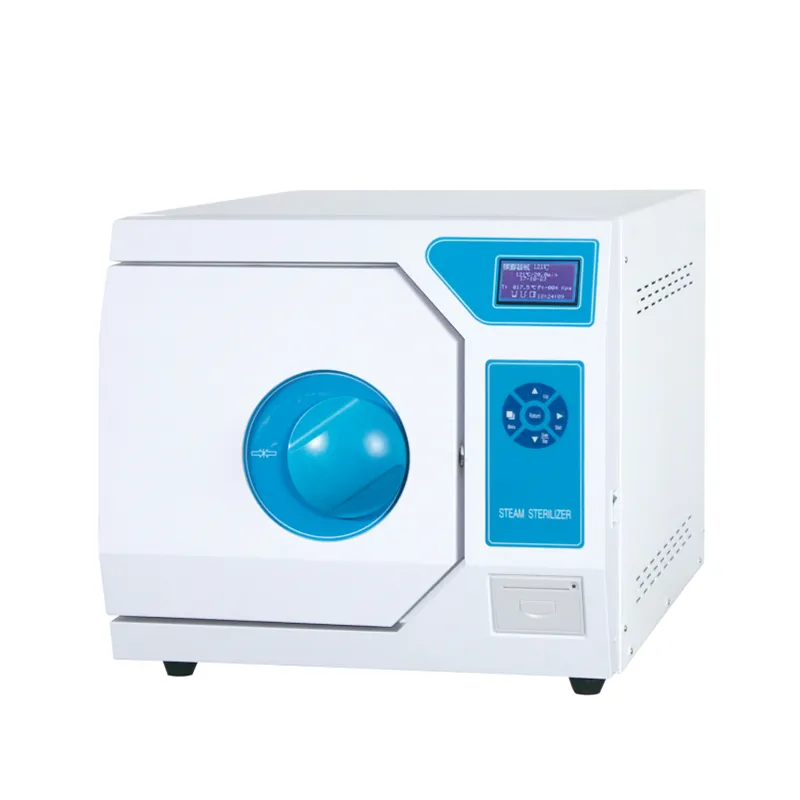
Developed from the use of sophisticated superconducting magnets, the mri machine without case produces stable magnetic fields that create clear and unblurred images. Patient comfort during scanning is provided with noise reduction systems in the mri machine without case. Automated positioning and high-speed data acquisition functions are included in the mri machine without case to provide an effective workflow in clinical settings.

In spinal tests, the mri machine without case offers precise cross-sectional images of discs, vertebrae, and nerve roots. It helps diagnose disc degenerative disorders, herniated discs, and compression of the spinal cord. Unbelievable accuracy is achieved in measuring alignment and detecting inflammation by doctors using the mri machine without case.

The future of the mri machine without case will be characterized by increased scanning speed and higher image quality through reconstruction facilitated by artificial intelligence. New algorithms will minimize noise levels while maximizing contrast and diagnostic efficacy. Cloud-based image processing will also be a feature of the mri machine without case, facilitating real-time collaborative efforts and elevated telemedicine integration into global networks.

Routine upkeep and maintenance of the mri machine without case are essential to ensure safe and dependable operation. Regular checks must be conducted to confirm coil integrity, cooling capacity, and magnetic field stability. The mri machine without case room must be suitably maintained, temperature-controlled, and metal object-free to prevent magnetic interference as well as equipment damage.
The mri machine without case plays a crucial role in modern diagnosis because it provides proper organ, muscle, and blood vessel visualization. The mri machine without case takes advantage of magnetic resonance technology to detect variations in tissue structure. It allows clinicians to diagnose conditions like brain lesions, spinal cord injuries, and cardiovascular disease accurately and safely.
Q: What happens if a patient is claustrophobic during an MRI scan? A: Patients who feel anxious or claustrophobic can request an open MRI machine or mild relaxation medication to make the experience more comfortable. Q: Can MRI detect joint and muscle injuries? A: Yes, MRI is highly effective for examining ligaments, tendons, and muscles, making it a key tool for diagnosing sports and orthopedic injuries. Q: What types of MRI scans are available? A: There are several types, including brain MRI, spinal MRI, cardiac MRI, and functional MRI, each tailored to different diagnostic purposes. Q: Are there any risks associated with MRI scans? A: MRI is generally very safe, though individuals with implanted devices, metallic fragments, or severe kidney conditions may require additional evaluation before scanning. Q: Can MRI scans monitor treatment progress? A: Yes, MRI can track changes in tumors, inflammation, or tissue healing over time, helping physicians assess treatment effectiveness.
The water bath performs consistently and maintains a stable temperature even during long experiments. It’s reliable and easy to operate.
The microscope delivers incredibly sharp images and precise focusing. It’s perfect for both professional lab work and educational use.
To protect the privacy of our buyers, only public service email domains like Gmail, Yahoo, and MSN will be displayed. Additionally, only a limited portion of the inquiry content will be shown.
Hello, I’m interested in your centrifuge models for laboratory use. Could you please send me more ...
We’re looking for a reliable centrifuge for clinical testing. Can you share the technical specific...
E-mail: [email protected]
Tel: +86-731-84176622
+86-731-84136655
Address: Rm.1507,Xinsancheng Plaza. No.58, Renmin Road(E),Changsha,Hunan,China